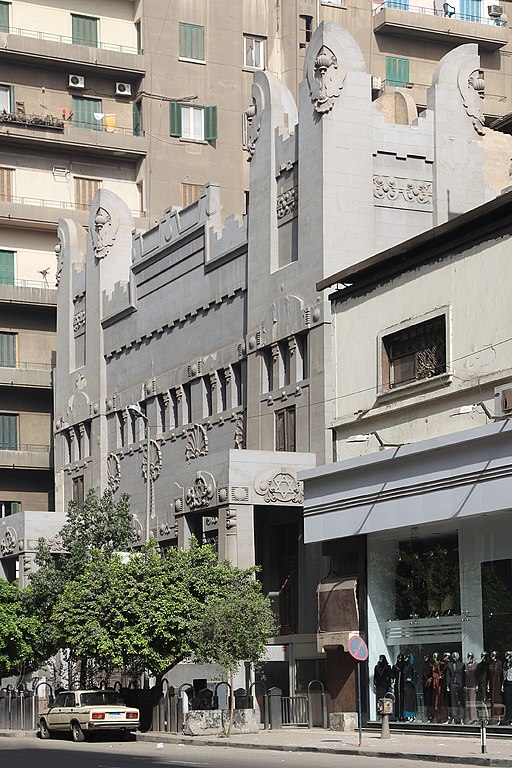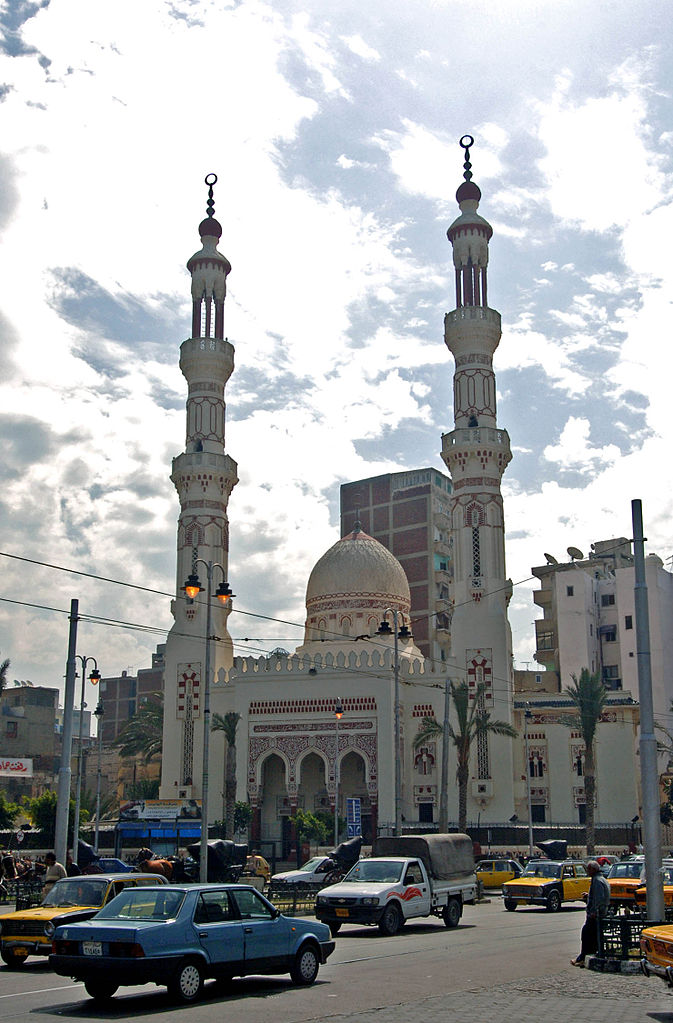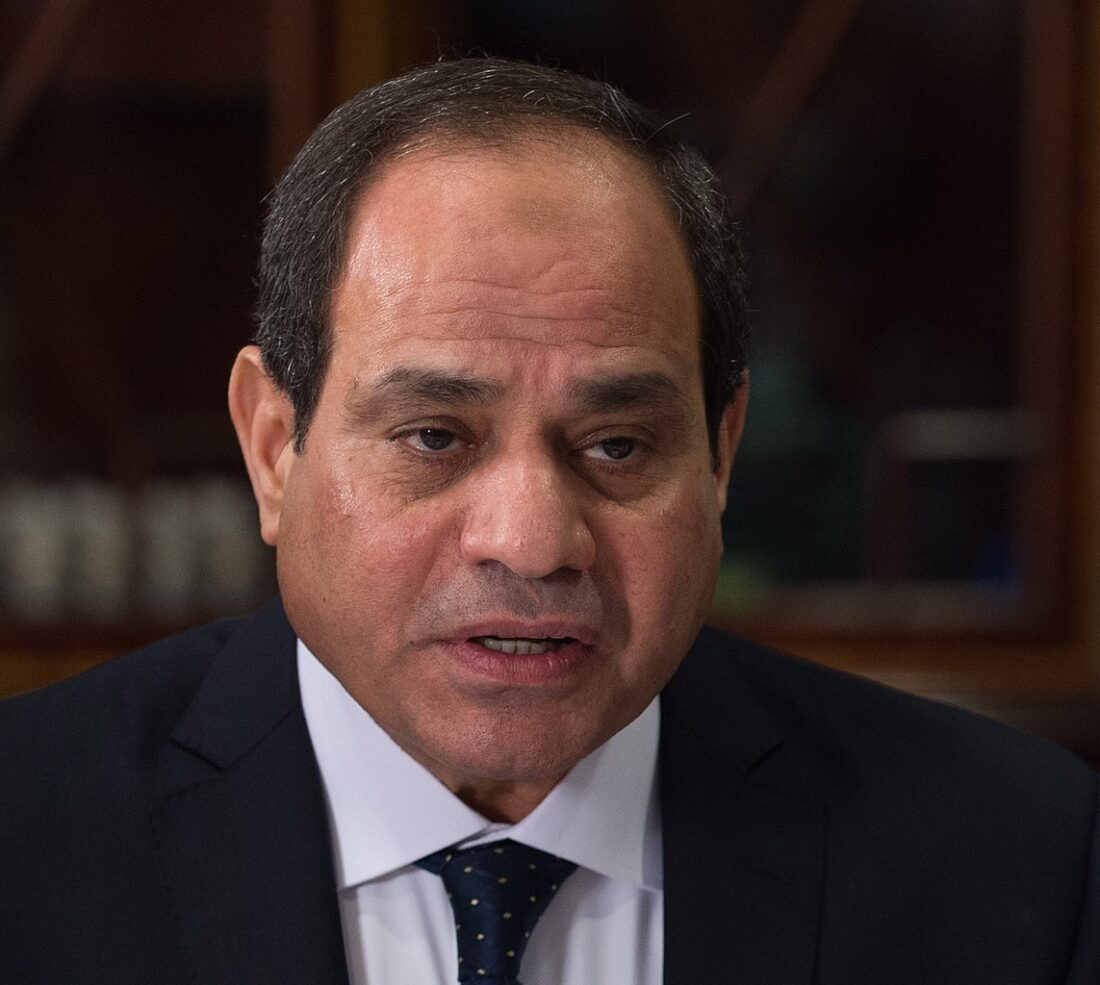Egypt’s Ministry of Education recently made an important announcement: a new course on common values from the three Abrahamic religions — Islam, Judaism and Christianity — had been approved and will be phased in at schools throughout the country.
This is an encouraging development. For the first time ever, Muslim students in Egyptian schools will be allowed to study religious verses from Judaism and Christianity. This will surely broaden the horizons of young Egyptians and help spread the values of tolerance and fraternity.
Considering its mistreatment of minorities and its recurring problem with Islamic fundamentalism, Egypt is in dire need of such reforms. A look back into the past confirms this.
Egyptian Jews were demonized, marginalized, persecuted and driven out after Israel’s establishment as a sovereign state. In the minds of many Egyptians, Jews were tainted and suspect, the objects of grotesque stereotypes promoted by the mass media.

The Coptic Christian minority in Egypt, though extremely well integrated into the fabric of society and supposedly protected by the central government, has often been targeted by Muslim extremists, who have desecrated and burned their churches and physically attacked Christians.
Islamic fundamentalism has been a serious problem in Egypt over the years. During the 1990s, Muslim radicals seeking to overthrow the regime of President Hosni Mubarak mounted a terrorist campaign that left a path of death and destruction in its wake.
The revolt was eventually crushed. But in recent years, the Egyptian armed forces have been battling insurgent forces in the northern Sinai Peninsula loyal to the Islamic State, an organization that hews to an austere and intolerant form of Islam and regards Christians and Jews as rotten “infidels.”
The Egyptian government, too, has waged a perennial battle with the homegrown Muslim Brotherhood, whose overarching goal is to create a full-blown theocracy in Egypt.
So, yes, Egypt has been fertile ground for ideas, notions and tropes that demean non-Muslims.
Which is precisely why the Ministry of Education’s new course on the three Abrahamic religions is a valued addition to its curriculum, according to Kamal Amer, the head of the defence and national security committee in Parliament.
Speaking on behalf of President Abdel Fattah el-Sisi, who seized the reins of power from President Mohammed Morsi — a leader of the Muslim Brotherhood — in the summer of 2013, Amer said, “He is keen to teach the youth the values of respect for others, tolerance and rejection of fanaticism and extremism. That is why the Ministry of Education decided to introduce the subject of ‘common values’ in schools.”

If students are familiar with such values, he added, they may be able to resist and even confront what he described as “extremist and takfirist ideas.”
There is no guarantee, of course, that this strategy will work.
It is no secret that Egyptian clerics and teachers have been known to distort Islamic texts to suit their theological needs and/or ideological agendas. But since fundamentalism is so deeply rooted in Islam, one single course in the classroom, however well intentioned and thought out, may be insufficient.
Nor should we forget that the authoritarian Egyptian government is introducing this course into schools as part of its political strategy to keep Islamic radicalism at bay. Egypt’s crackdown on fundamentalism is a worthy objective, a means by which to bring civility and stability to the country. But the government’s campaign to keep fundamentalists in check has been costly to civil liberties and has all but gutted what remains of democracy in Egypt.
The Egyptian government must try to strike a sensible balance between keeping the country safe from extremists, yet democratic in form and substance.
